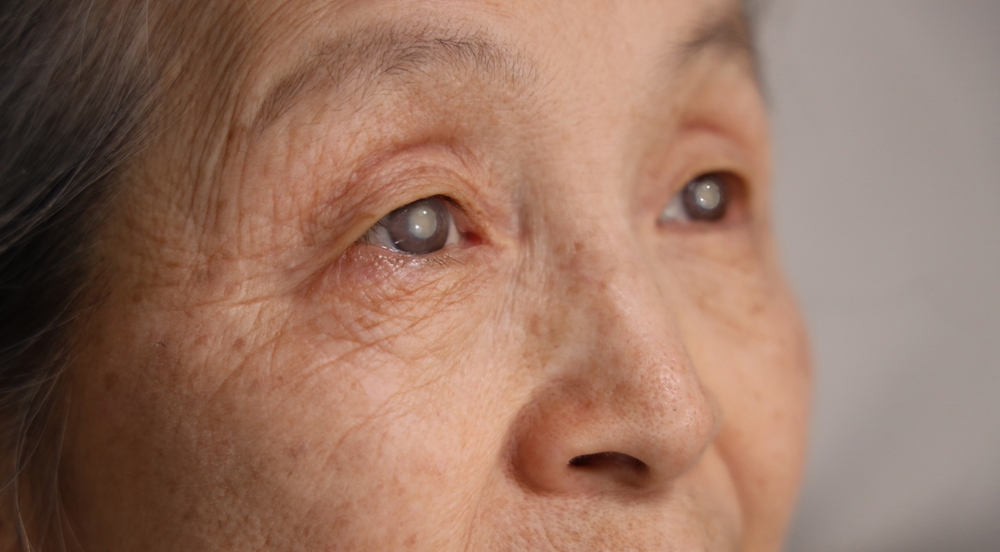
Have you noticed your vision becoming a little less sharp or that night driving feels more difficult than it used to? If you're experiencing these changes, cataracts could be the reason. Cataracts develop gradually, often starting with subtle vision shifts that are easy to dismiss. However, as they progress, they can significantly impact daily life—making it harder to read, drive, and even recognize familiar faces.
Who Is at Risk for Developing Cataracts?
Cataracts can affect anyone, but certain factors increase the risk of developing them earlier or at a faster rate. Age is the most significant factor—most people start to notice cataract-related vision changes in their 60s or 70s. However, other risk factors include prolonged UV exposure, smoking, diabetes, and a history of eye injuries or surgeries. Genetics also play a role, so if your parents or grandparents had cataracts, you might develop them earlier. Additionally, certain medications, like long-term steroid use, can contribute to cataract development.
Early Stages
In the beginning, cataracts may not seem like a big deal. You might notice that your vision isn’t as sharp as it used to be, especially at night. Glare from oncoming headlights while driving down Richmond Road might feel more intense, or bright sunlight on Duke of Gloucester Street may make you squint a little more than usual. Colors may not seem as vibrant, and you could find yourself rubbing your eyes or adjusting your glasses more often, thinking they just need to be cleaned.
At this stage, cataracts aren’t necessarily disruptive, but regular eye exams can help catch them early. Your optometrist can monitor any changes and recommend steps to slow progression, such as wearing UV-blocking sunglasses and adjusting lighting conditions at home.
Mid-Stages
As cataracts progress, the blurriness becomes more pronounced. Reading signs along Monticello Avenue or even recognizing familiar faces at the Williamsburg Farmers Market can become more difficult. You might also notice halos around lights, making evening walks around Colonial Williamsburg feel more like navigating through a foggy evening than a well-lit path.
It’s around this time that many people start to update their eyeglass prescriptions more frequently, thinking that stronger lenses will solve the problem. However, while glasses can help for a while, they won’t stop cataract progression. This is when it’s important to have a conversation with your eye doctor about the next steps.
Advanced Stages
At this point, cataracts significantly impact daily life. Driving at night might become too risky, and simple tasks like reading a menu at your favorite local café or watching a Williamsburg Players performance might require extra effort. Colors may take on a yellowish tint, and depth perception can feel off, increasing the risk of trips and falls.
Once cataracts reach this stage, surgery is the only way to restore clear vision. The good news is that cataract surgery is one of the safest and most effective procedures available. It’s quick, painless, and can dramatically improve your quality of life.
Why Regular Eye Exams Matter
Cataracts don’t develop overnight, and their progression varies from person to person. That’s why regular eye exams are essential. Routine check-ups allow your optometrist to track vision changes and recommend the right course of action before cataracts interfere with your daily life.
Take Control of Your Vision at Eye Center of Virginia
Here in Williamsburg, staying on top of your eye health means more than just clearer vision—it means maintaining independence, enjoying the beauty of the historic district, and feeling confident behind the wheel.
If you’ve noticed early signs of cataracts, schedule an eye exam with Eye Center of Virginia for a personalized treatment plan. Visit our office in Williamsburg, Virginia, or call (757) 919-3500 to book an appointment today.













